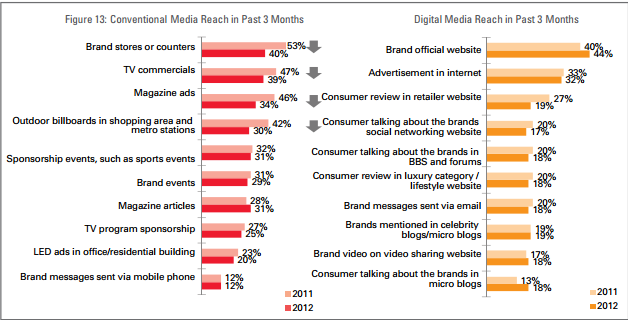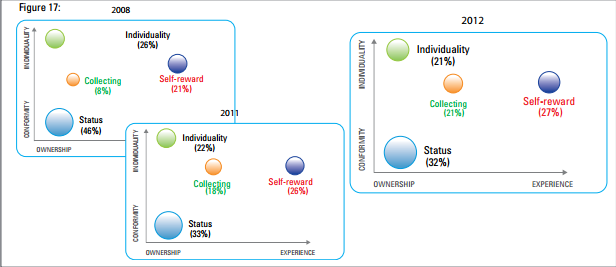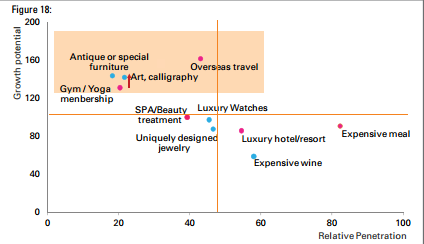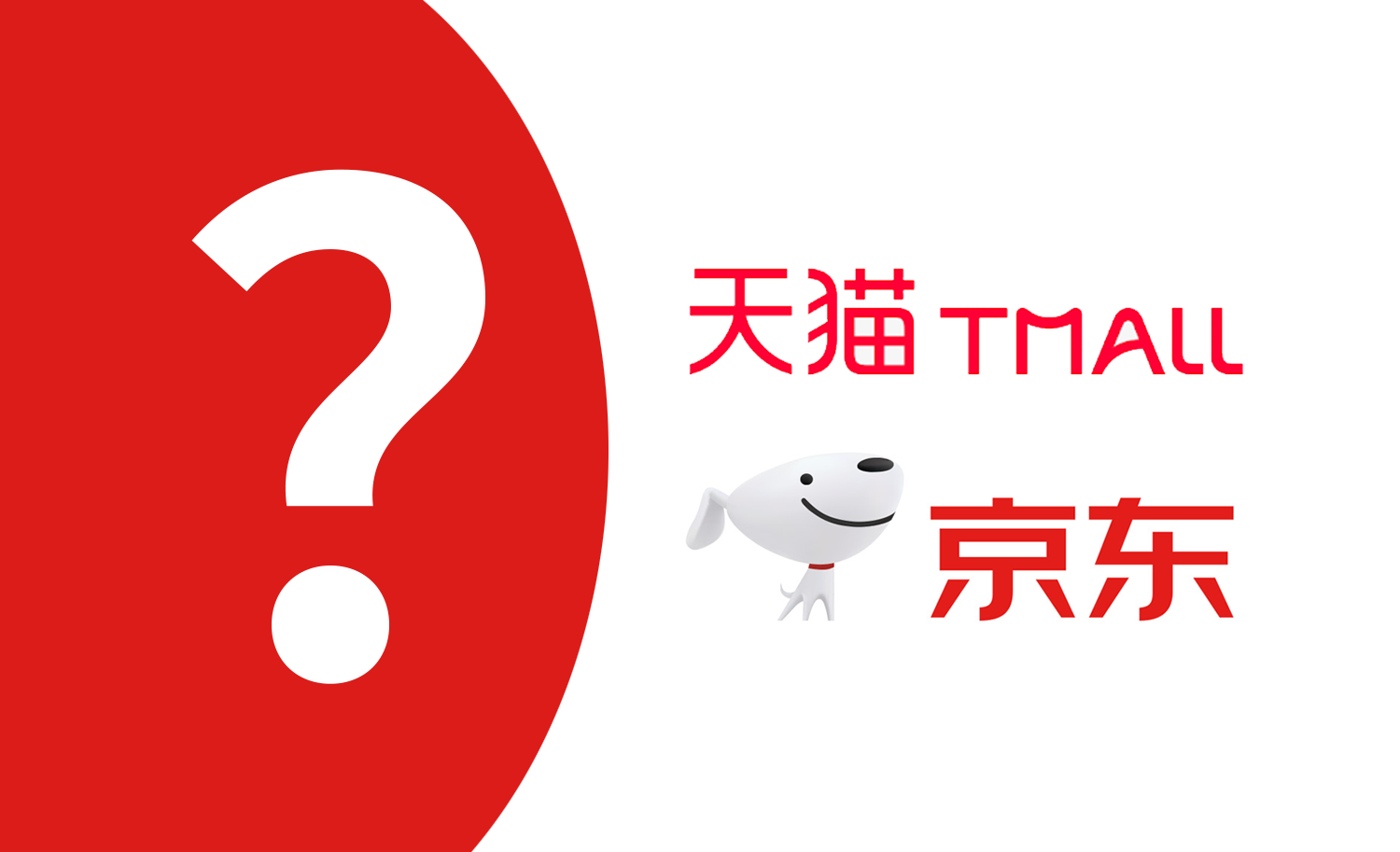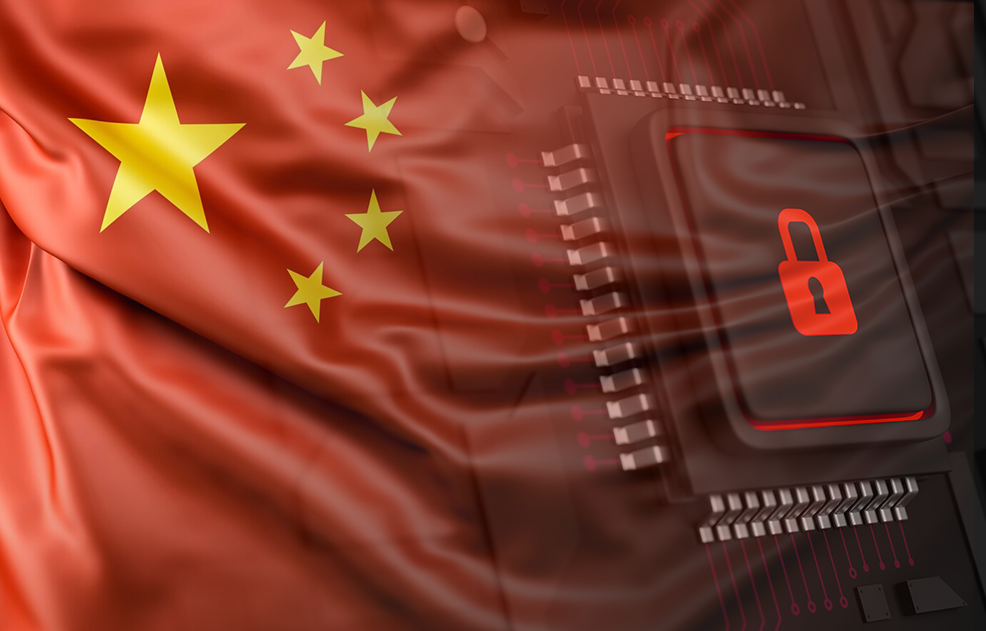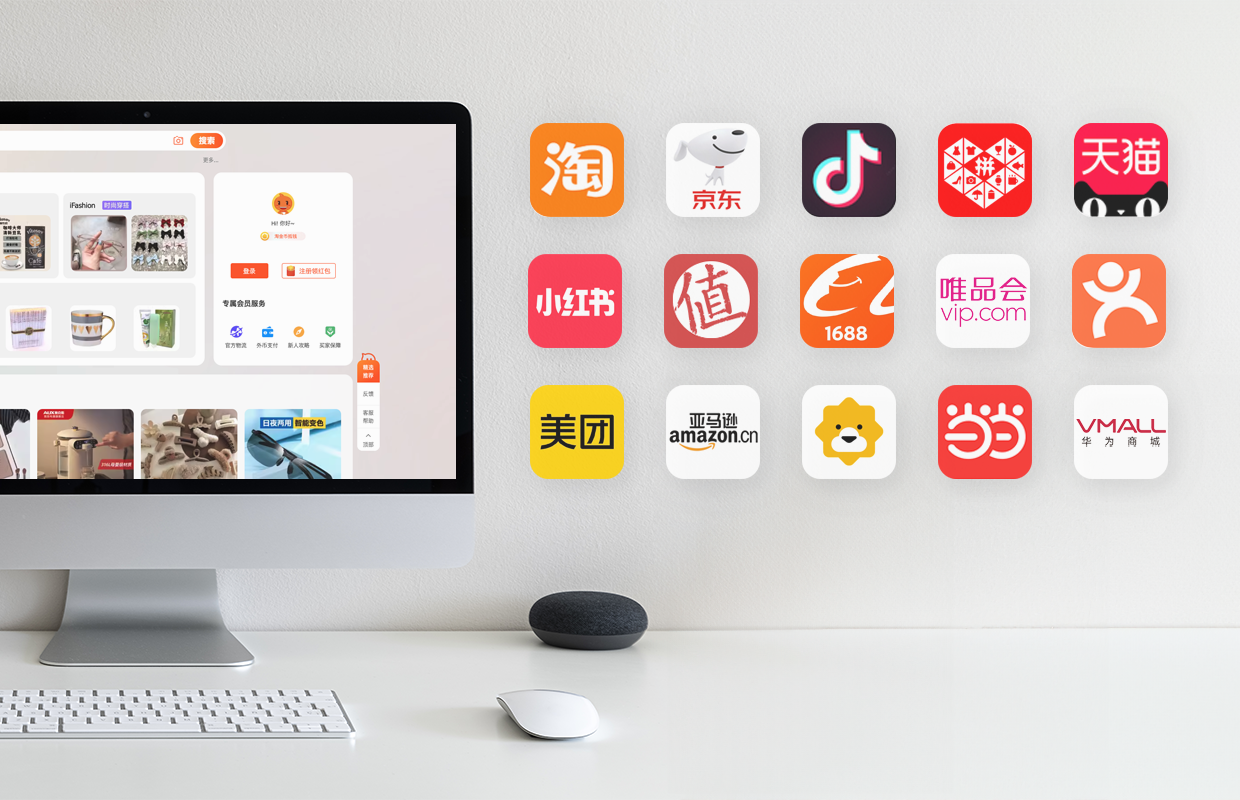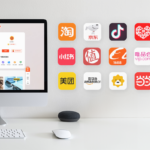Like Japan 20 years ago, the consumption on luxury goods in China now is skyrocketing! Not only those super-rich, but also many common people are ravenous for luxury brands, especially western brands.
eCommerce for luxury
eCommerce is booming in China and offers new opportunities for luxury industry key players. Chinese consumers are more actives online and especially in social network services and forums than their western counterparts. Approximately 70% of Chinese consumer search online about luxury brands and goods on a monthly basis.
The main motivation for purchasing of luxury goods online is the convenience of it. Cost saving is of merely no importance in such a market. The main concerns remains the question of the authenticity of the products, the safety of online payment and the lack of after-sales service. Online retailers must deal with this question of trust.
Figure 13 shows the importance of digital communication for the Chinese consumer. The impact of conventional communication channels (Display ad campaign, TV commercials and magazine advertisements) is facing a notable decline.
Luxury brands have explored various ways to get closer to their consumers via innovative digital communication plans.
Another important trend for luxury brands to notice is popularizing of mobile applications. Luxury brands are eager to establish their presence in the mobile world and some now offer the possibility to see their new collections from smartphones’ applications.
Evolutions of the Chinese consumer
There are different perceptions of luxury brands, depending on the country. And in China, Luxury consumption is considered as a symbol of social status.
Figure 17 shows that luxury goods are highly valued for its emotionnal rewards.
Figure 18 shows that purchases of antique furnitures, overseas travels and gyms subscriptions are rising fast. Consumers want experiences that make them feel pampered.
Chinese women tend to make purchasing decisions in the field of cosmetics, perfumes, spa, clothing, shoes, bags and jewelry when men decide when it comes to purchasing alcohols, watches and cars. Joint decisions are about hotels, nightclubs and restaurants.
Chinese women seem much more likely to buy luxury goods as a form of reward, while men are still traditionally driven by social status demands.
Women are an important target market for luxury players because they are taking more decisions in the purchase.
However, China is not a paradise without challenges for luxury brands. It’s important to keep the idea that many barriers still exist to penetrate the Chinese market in mind. For instance the increasing number of Chinese consumers who travel worldwide will increase their knowledge of brands and products and it will then increase their expectations in term of quality and service.
Source: KPMG Insight on the Luxury Market in China, Edit by Lily HONG


